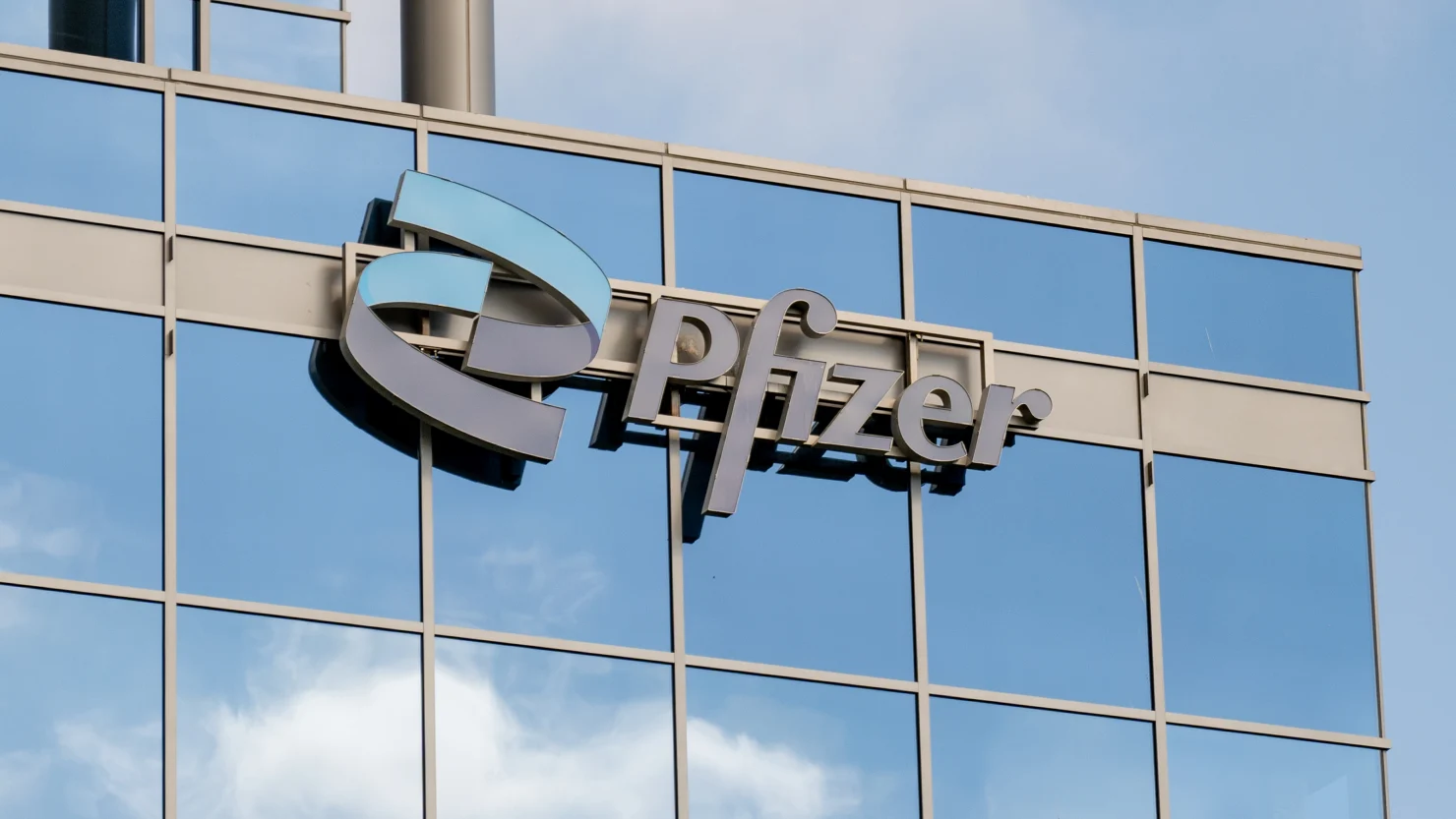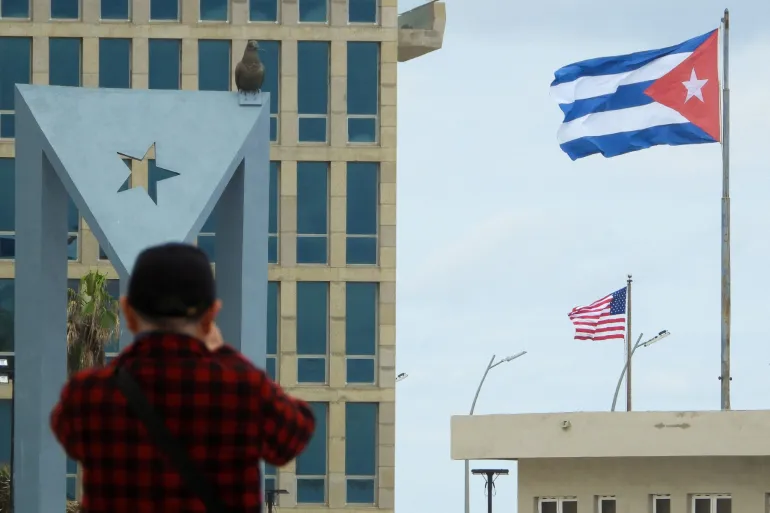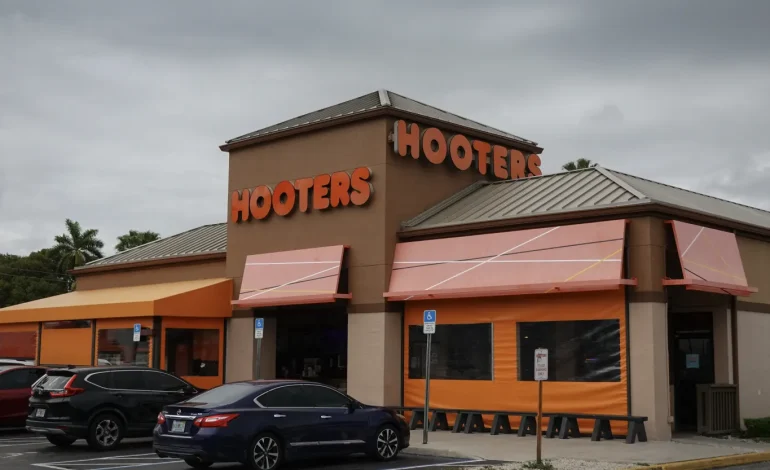Hooters, the well-known restaurant chain famous for its chicken wings and themed waitstaff, has filed for Chapter 11 bankruptcy in Texas.
However, the company reassured customers that its restaurants will remain open as part of a restructuring plan that involves selling company-owned locations to a group backed by its founders.
Under the bankruptcy agreement, a group of longtime franchisees, including members of the company’s founding team, will purchase Hooters’ corporate-owned restaurants from its private equity owners. This transition aims to stabilize the business and return the brand to its original vision.
“Our renowned Hooters restaurants are here to stay,” the company stated in its announcement.
The transaction is expected to take three to four months to complete, during which the restaurants will continue operations.
Hooters currently has more than 400 locations across 42 states and 29 countries. Many of these restaurants, including international franchise locations, are not affected by the bankruptcy filing. Once the restructuring is complete, all Hooters restaurants will be independently operated as franchises.
The restaurant chain has faced financial struggles in recent years due to inflation, rising labor costs, and changes in consumer spending habits. It previously closed several locations and lost sponsorship deals, including its long-standing NASCAR partnership.
Neil Kiefer, CEO of the original Hooters franchise group, is among the buyers leading the company’s restructuring. He has expressed plans to refresh the brand while keeping its core identity intact. The rebranding effort may involve changes to Hooters’ traditional image, including the discontinuation of “bikini nights.”
Hooters is one of several casual dining chains that have recently filed for bankruptcy, joining the likes of Red Lobster and TGI Fridays. Despite these challenges, the company says it is committed to strengthening its financial position and continuing to serve customers across its locations.
The bankruptcy process will include an evaluation of company-owned locations, meaning some closures may still occur. However, the company remains optimistic about its future under the new ownership structure.
The Associated Press, the New York Times, CNN, and CNBC contributed to this report.










The latest news in your social feeds
Subscribe to our social media platforms to stay tuned